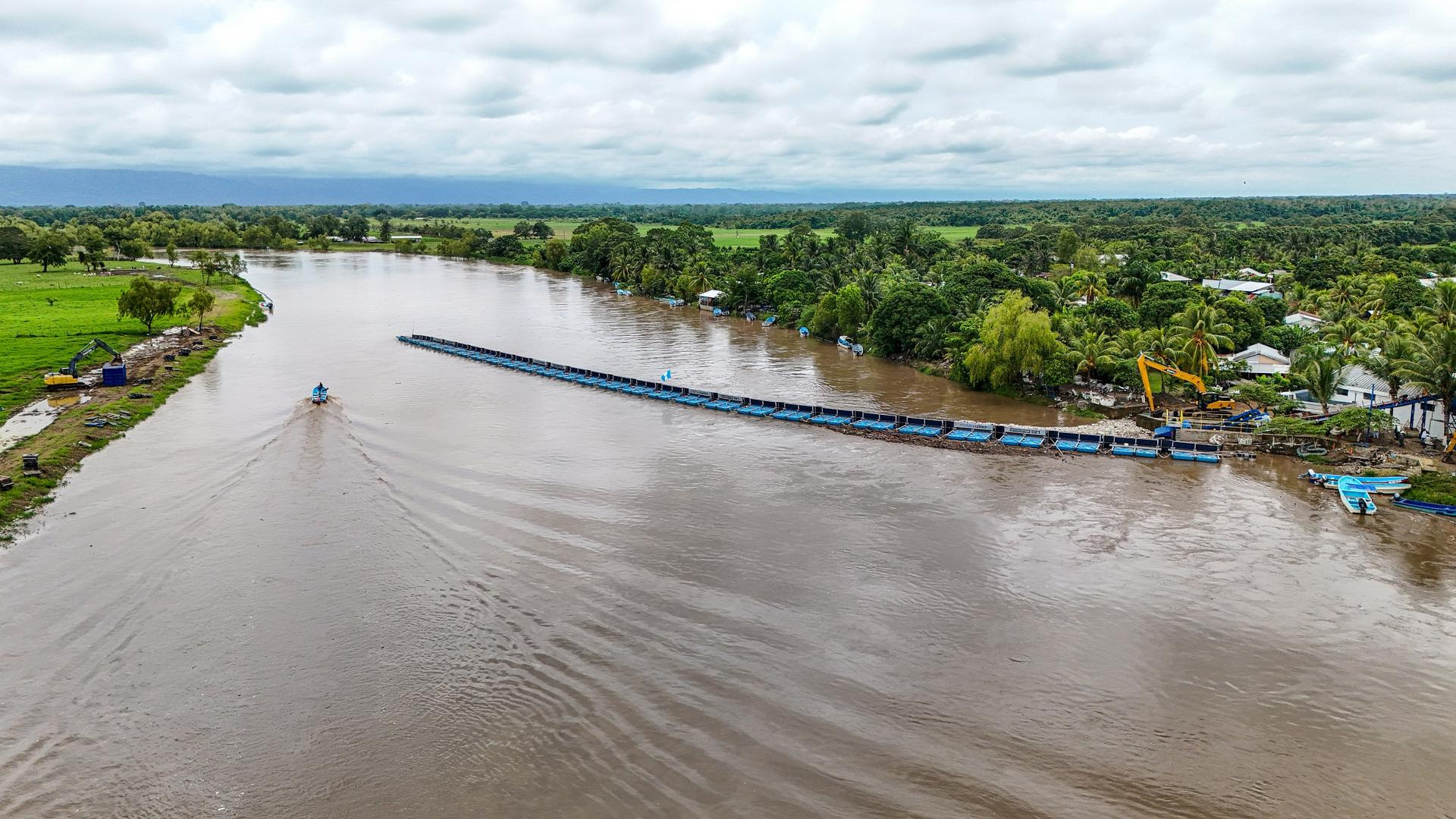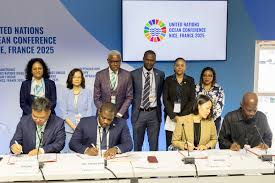A coalition of twelve civil society organisations from Africa, Europe, and Russia has released a damning report warning against the surge in African countries adopting nuclear energy as part of their energy transition strategy, describing it as a “misadventure” and a “false climate solution.”
The report, titled “The Alarming Rise of False Climate Solutions in Africa: The Nuclear Energy Misadventure,” highlights the growing number of African nations, including Nigeria, Ghana, Kenya, and Ugand, a that have declared intentions to establish nuclear power plants in the face of the continent’s energy poverty and climate emergency.
It was jointly prepared by prominent groups such as Earthlife Africa (South Africa), 360 Human Rights (Ghana), Renevlyn Development Initiative (Nigeria), and Ecodefense (Russia), among others, and serves as a collective call to action urging African nations to reject nuclear energy and instead pursue clean, sustainable, and socially inclusive energy alternatives.
Africa’s Nuclear Expansion: A Growing Trend
Currently, only South Africa operates a nuclear power plant, the Koeberg Nuclear Power Station, which has been in operation since 1984 during the apartheid era. However, recent government announcements and policy documents show that at least 13 other African countries, including Angola, Burkina Faso, Egypt, Ethiopia, Ghana, Kenya, Morocco, Namibia, Nigeria, Senegal, Tanzania, Rwanda, and Uganda, have either initiated or declared interest in building nuclear energy infrastructure.
The report warns that this trend is driven not just by energy needs but by complex geopolitical interests. “Africa is being positioned as a testing ground and battleground for nuclear technology exports,” the authors note, citing the involvement of countries like Russia and China in promoting nuclear projects across the continent.
Makoma Lekalakala, Goldman Environmental Prize recipient for Africa in 2018, writes in the foreword: “The demand for a Just Transition to a post-carbon economy must be green, sustainable, and socially inclusive. This report lays out the case for why nuclear energy is incompatible with these principles.”
The report points to several drawbacks of nuclear energy, calling it “too slow” to respond to the urgency of the climate crisis, “too risky” for human health and the environment, and “too expensive” to offer real solutions to energy poverty in Africa. It further argues that nuclear investments will likely crowd out scarce climate finance needed for renewable energy, mitigation, and adaptation projects.
According to the report, three-quarters of Africa’s climate finance needs remain unmet, with more than half of the existing funding structured as debt. Diverting billions into nuclear energy, the authors argue, would exacerbate this debt burden and leave the continent worse off in its energy and climate goals.
Country Reactions: Voices from the Frontlines
In Nigeria, Philip Jakpor, Executive Director of Renevlyn Development Initiative, cautioned that the country lacks the infrastructure, security, and regulatory capacity to manage nuclear facilities safely.
“Nuclear plans are a misadventure. Nigeria is not ready. We can’t even secure oil and gas pipelines. A nuclear power station would be a prime target for terrorism,” he said, adding that any nuclear plant would require military-grade security, potentially enforced by foreign governments.
Ghana’s Alberta Kpeleku, Executive Director of 360 Human Rights, condemned the government’s nuclear ambitions, stressing the long-term environmental, health, and economic consequences.
“Nuclear disasters transcend generations. We must reject nuclear power and focus on solar, wind, hydro, and geothermal sources,” she urged.
In Kenya, Phyllis Omido, a renowned environmental activist and recipient of the Alternative Nobel Prize, described nuclear energy as a new form of “energy slavery.”
“We stand in solidarity with Ghana and the rest of Africa. Renewable energy is freedom for our people and the planet,” Omido stated.
Uganda’s Sam Mucunguzi, Executive Director of Uganda Environment Action Now, raised concerns about the country’s ability to finance its nuclear aspirations, noting that Uganda already has an electricity surplus.
“Our power inaccessibility is not due to a lack of generation but that of distribution. Nuclear energy will bankrupt the country. Solar and hydro are more viable,” he added.
Francesca de Gasparis, Executive Director of the Southern African Faith Communities’ Environment Institute, was even more direct:
“When we compare nuclear to renewables in cost, safety, waste, and speed, there is simply no rationale for it.”
From Russia, Vladimir Slivyak, Co-Chair of Ecodefense and another Alternative Nobel Prize laureate, said: “Nuclear energy is expensive, slow, and dangerous. It’s vulnerable to war and climate change, as we’ve seen in Ukraine. Africa must choose renewables.”
A United Front for Renewable Future
The report’s release comes as African nations face mounting pressure to align energy plans with global climate targets. With COP29 in Azerbaijan and other high-level dialogues on the horizon, the report serves as both a warning and a roadmap.
Rather than allow nuclear interests often championed by foreign companies to dictate Africa’s energy trajectory, the authors call for a pivot toward abundant, safer, and more locally managed renewable sources such as solar and wind.
As the world accelerates toward a green future, the message from these civil society voices is clear: nuclear power is a detour Africa cannot afford.
By Dare Akogun
About the Coalition:
The report was co-authored by 360 Human Rights (Ghana), Africed (Burkina Faso), Center for Justice Governance and Environmental Action (Kenya), CESOPE (Tanzania), Earthlife Africa (South Africa), Ecodefense (Russia), International Physicians for the Prevention of Nuclear War (Germany Affiliate), Renevlyn Development Initiative (Nigeria), Resilient 40 (Pan-African Network), The Southern African Faith Communities’ Environment Institute (South Africa), Tipping Point North South (UK), and Uganda Environment Action Now (Uganda).





